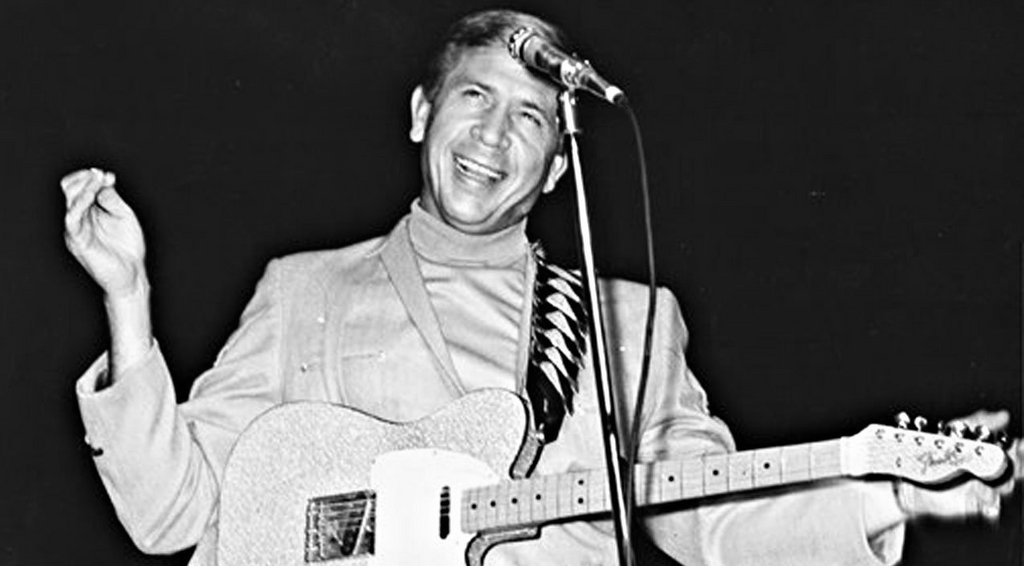
The ache of surrender lingers longest in the songs where pride is lost and love remains
When Buck Owens released “Under Your Spell Again” in 1959, it marked a pivotal moment—not only in his career but in the trajectory of the Bakersfield sound that would soon define an alternative to Nashville’s polish. Released on Capitol Records, the single became Owens’ first charting hit, reaching No. 4 on the Billboard Hot Country Songs chart. Though it predates his most celebrated work from the mid-1960s, “Under Your Spell Again” laid the emotional and sonic groundwork for a new country aesthetic—one that bristled with rawness, honky-tonk honesty, and a defiant twang that refused to be smoothed over.
At its heart, “Under Your Spell Again” is a song of capitulation—of a man who knows he’s been wounded, manipulated, perhaps even humiliated, yet walks willingly back into the fire. This thematic paradox—strength found in weakness, clarity found in confusion—is a hallmark of Owens’ early songwriting. Written by Owens alongside Dusty Rhodes (not to be confused with the wrestler), the song tells of a narrator who believed he had freed himself from a toxic romantic hold, only to discover that emotional emancipation is far more difficult than physical distance. The opening lines—”You’ve got me under your spell again / Saying those things again”—set the tone: haunted repetition, the cycle of longing, and the illusion of choice.
What gives this song its enduring potency is not just its lyrics but Owens’ delivery. His voice trembles with conviction and resignation all at once, as if each syllable carries both defiance and defeat. Unlike the lush orchestrations coming out of Nashville at the time, Owens’ arrangement is spare yet punchy: twanging Telecaster lines wrap around pedal steel sighs, evoking dusty bars and neon regret. That tight instrumentation would become a calling card for what was to emerge fully as the Bakersfield sound—a movement that privileged grit over gloss.
There’s also an emotional universality to this song that speaks across decades. Anyone who’s ever mistaken departure for closure understands the trap Owens describes here. The spell isn’t broken simply because we’ve walked away; more often than not, it’s strengthened by distance and silence. The song captures that cruel irony with poetic simplicity.
Culturally, “Under Your Spell Again” was more than just a personal confession—it was an announcement. It told the country world that Buck Owens was not going to conform to industry expectations. He wasn’t interested in masking heartbreak with strings or crooning into velvet. Instead, he chose clarity over comfort. The music might swing and sway like a barroom dancefloor, but his lyrics cut like confessionals scratched onto lonely jukeboxes.
As such, this early hit becomes more than just a stepping stone in Owens’ legendary career—it becomes emblematic of what country music could be when it dared to be unfiltered: real men admitting they’re powerless against love’s pull, singing not from pedestals but from the barstools where we’ve all waited for someone who never came back.